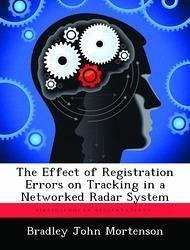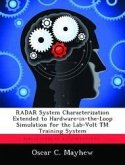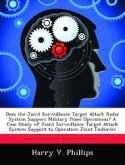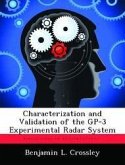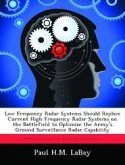To successfully combine information from distributed radar sensors, it is essential that each sensor be correctly referenced in a global coordinate system. If there are biases in the reported position of these sensors, the reported target position will also be biased and the ensuing global estimate of the target position will be degraded. Furthermore, any biases in range or azimuth measurements of these sensors will likewise be reflected in the degradation of global estimate of target position. Registration is the process of ensuring that these errors do not result in the creation of an additional redundant target when only a single target exists. The objective of this thesis is to create a model for analyzing the impact of these biases quantitatively. The model consists of modules which perform the required coordinate conversion, tracking, and data correlation. The target tracks are provided by a standard Kalman filter assuming a constant velocity model. The measurements, state estimates, and covariance matrices obtained from the Kalman filter are combined to form a Chi-squared correlation gate. With this model, the bounds on position, range, and azimuth biases are determined individually and cumulatively. The simulated results compare favorably with the theoretically determined bounds. An additional benefit of this model is that the spatial dependence of the biases may be obtained.
Hinweis: Dieser Artikel kann nur an eine deutsche Lieferadresse ausgeliefert werden.
Hinweis: Dieser Artikel kann nur an eine deutsche Lieferadresse ausgeliefert werden.

